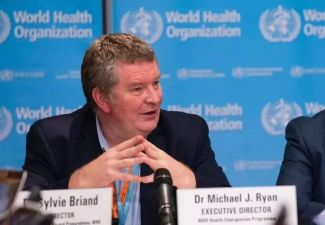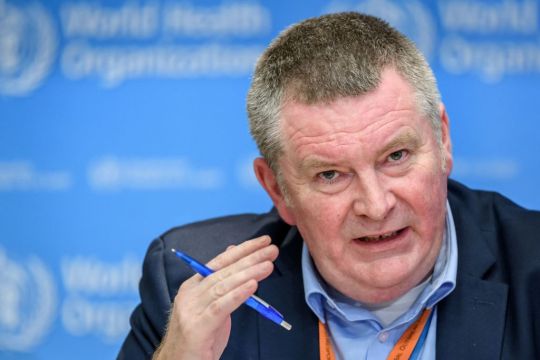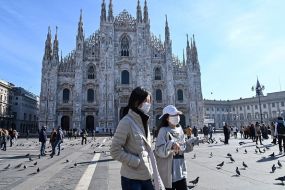The World Health Organization's top emergency expert said on Monday that the world risked future pandemics if it suffered "amnesia" and did not learn from the current coronavirus crisis.
"I have seen the amnesia that seems to descend upon the world after a traumatic event, and that's understandable," Mike Ryan told a briefing in Geneva.
"But if we do this again like we did after SARS, like we did after H5N1, like we did after H1N1 pandemic, if we continue to ignore the realities of what emerging and dangerous pathogens can do to our civilization, then we are likely to experience the same or worse again within our lifetimes," he said.
Paying the price
Ryan also took a swipe at developed nations, saying that northern countries had been running healthcare systems "like low-cost airlines" and that the world was paying for that now.
"In the north, because of the cost model for health systems, we have designed our health systems to be delivered at 95%, 98%, at 100% efficiency. It's almost like a low-cost airline model for health service delivery," he said.
"Well, we're paying a price for that now, not having that extra-surge capacity built into the system - seeing health as a cost centre in our economy, seeing health as a drain on development, as dragging back the economy, and we need to re-address what that means."
No politics
WHO Director-General Tedros Adhanom Ghebreyesus also urged countries not to politicise the hunt for the origins of the new coronavirus, saying that would only create barriers to learning the truth.

"We need to know the origin of this virus because it can help us to prevent future outbreaks," Tedros said.
"There is nothing to hide. We want to know the origin, and that's it."
US President Donald Trump's administration, which has accused China of hiding the extent of the outbreak and the Geneva-based global health body of being too close to Beijing, has criticised the terms of a WHO-led international investigation into the origin of the pandemic.
Chinese state media have said the virus existed abroad before it was discovered in the central Chinese city of Wuhan, citing the presence of coronavirus on imported frozen food packaging and scientific papers saying it had been circulating in Europe last year.







